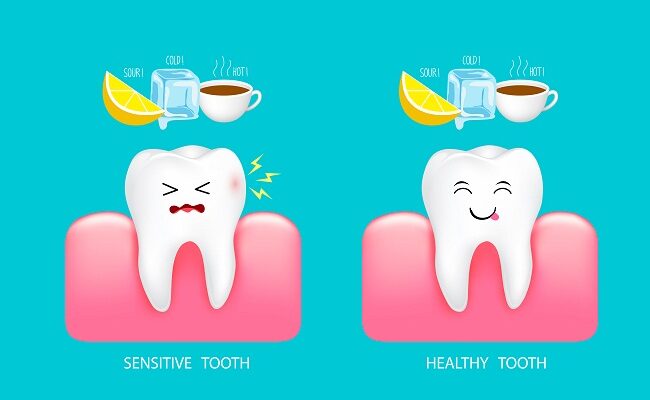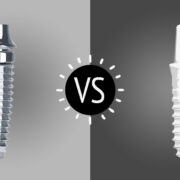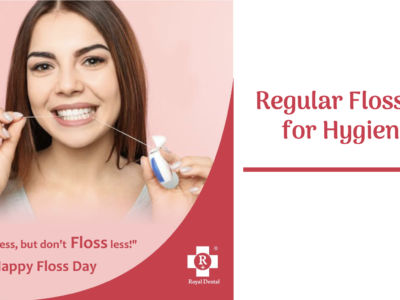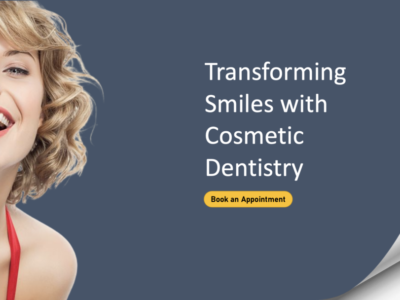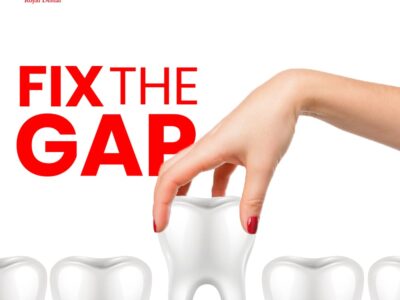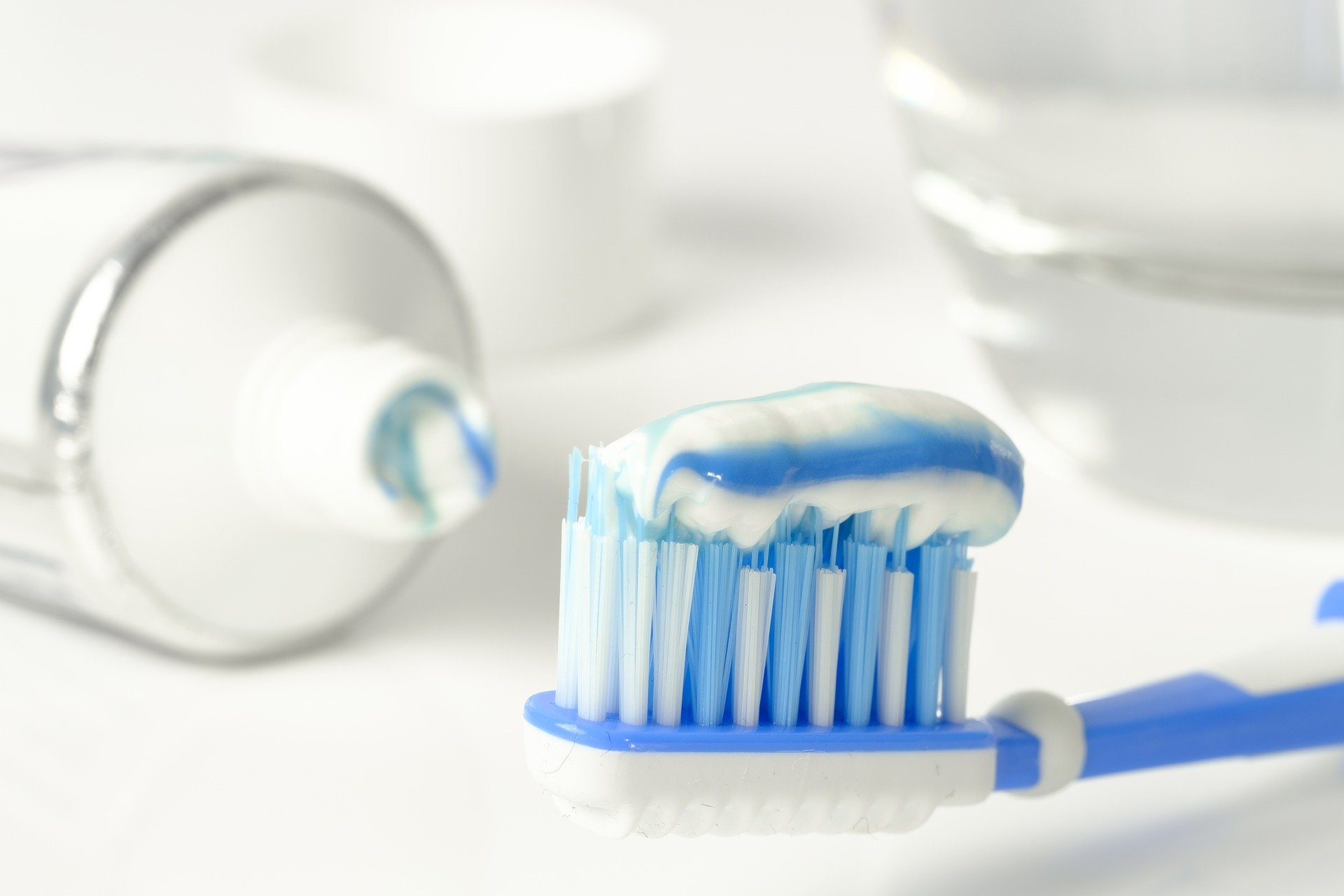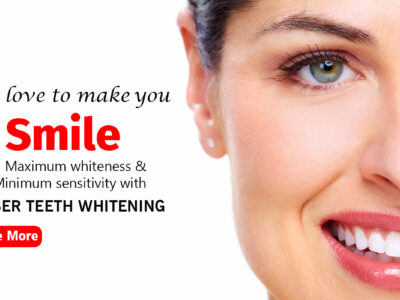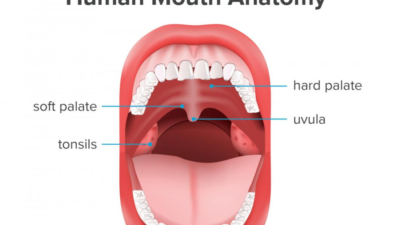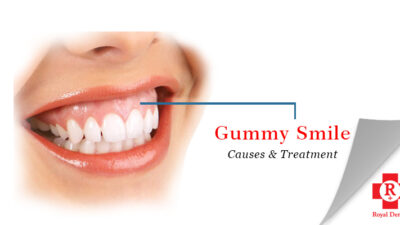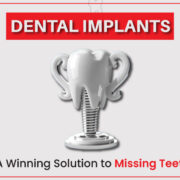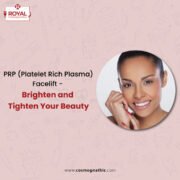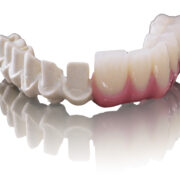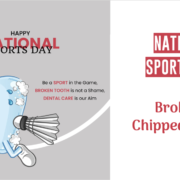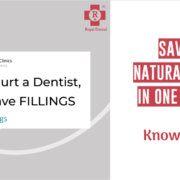Teeth yellowing can be caused by a number of things. Staining from foods and drinks such as coffee, tea, red wine, and dark-colored fruits is one of the main reasons. These materials include pigments that, over time, may discolor dental enamel. We’ll go more into these elements in this article and look at useful advice and solutions to get your smile back to its original, whiter state. You’ve come to the correct location if you’ve been wondering, “Why are my teeth always yellow?”
What causes yellow teeth?
There are several possible causes of yellow teeth. Consuming foods and drinks that stain, such as red wine, coffee, tea, and dark-colored fruits, is one frequent reason. These products have pigments that, over time, can discolor tooth enamel and give teeth a yellowish tint. Yellowing can also be caused by bad dental hygiene habits, such as not brushing and flossing enough.
Inadequate dental hygiene can lead to plaque accumulation, which can result in surface discolorations and stains. Tobacco use, including smoking and using tobacco products, is another important factor. Tobacco products contain compounds that can discolor teeth stubbornly, giving them a yellow or even brownish appearance.
How can I get rid of yellow teeth?
Floss every day, and use fluoride toothpaste to brush your teeth at least twice a day. In order to prevent yellowing, this helps get rid of surface stains and plaque.
Eat less dark-colored foods—tea, coffee, and red wine—all of which can discolor dental enamel. Rinse your mouth with water after consuming them to reduce discoloration.
Giving up tobacco usage or smoking can help your teeth and gums look better overall and stop future discoloration.
Yellowing may be prevented by scheduling routine dental cleanings with a dentist to get rid of hard-to-remove stains and plaque accumulation.
To gradually brighten your smile and help get rid of surface stains, use whitening toothpaste. For efficacy and safety, look for goods with the ADA Seal of Acceptance.
If you want more noticeable results, think about getting expert teeth-whitening treatments from Dr. Chirag Chamria at Royal Dental Clinics. He may prescribe take-home kits or in-office procedures for these treatments.
Add in foods that are high in calcium and vitamin D, such as leafy greens and dairy products, since they can support dental health and improve enamel.
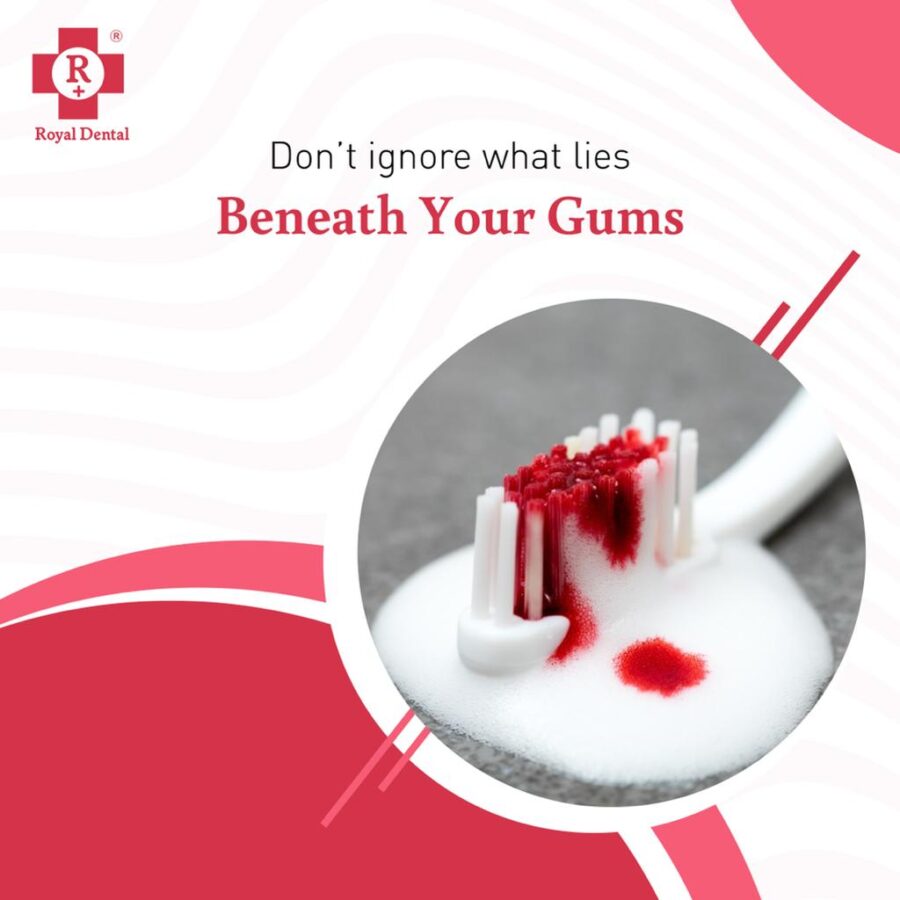
Why My Teeth Are Always Yellow Even After Brushing?
There are a few things that could be causing your teeth to be discolored if they are still yellow even after brushing. Coffee, tea, red wine, and dark-colored fruits can leave stains on tooth enamel that are difficult to completely remove with regular brushing. This is one of the most frequent causes.
In addition, inadequate brushing and flossing can result in plaque buildup, which can create surface stains and yellowing that brushing alone would not be able to adequately treat. Stains that are difficult to remove with brushing can also be caused by smoking or using tobacco products. Yellowing resistant to normal brushing may occasionally be caused by specific drugs or dental problems.

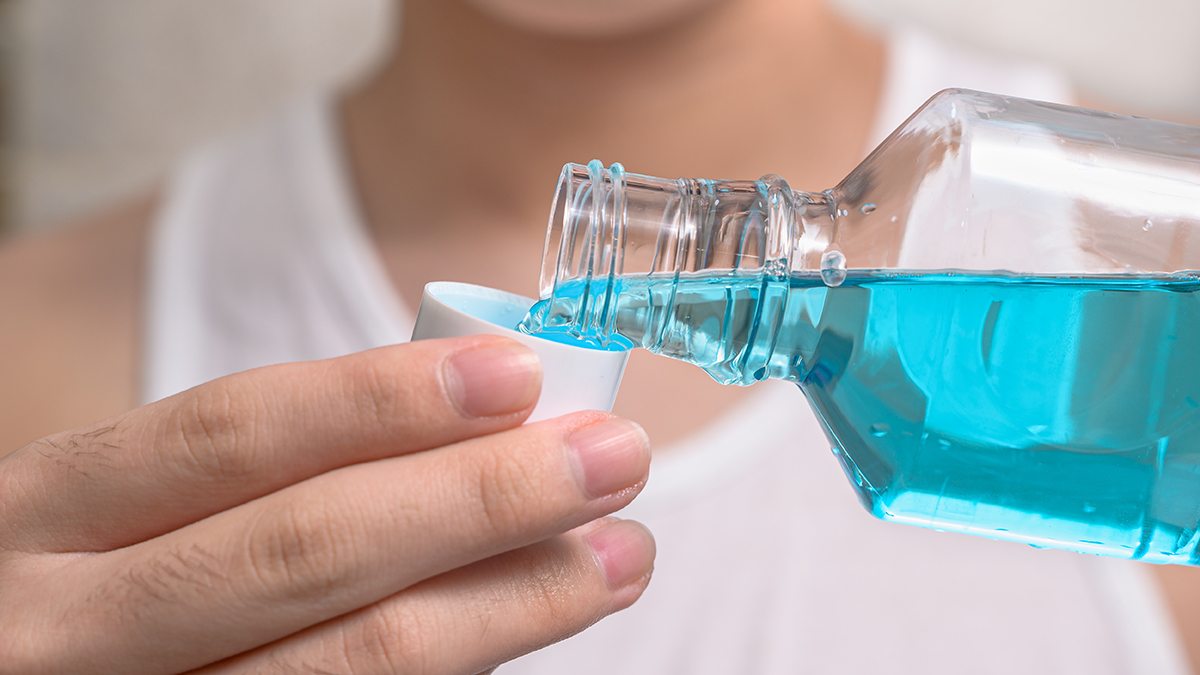
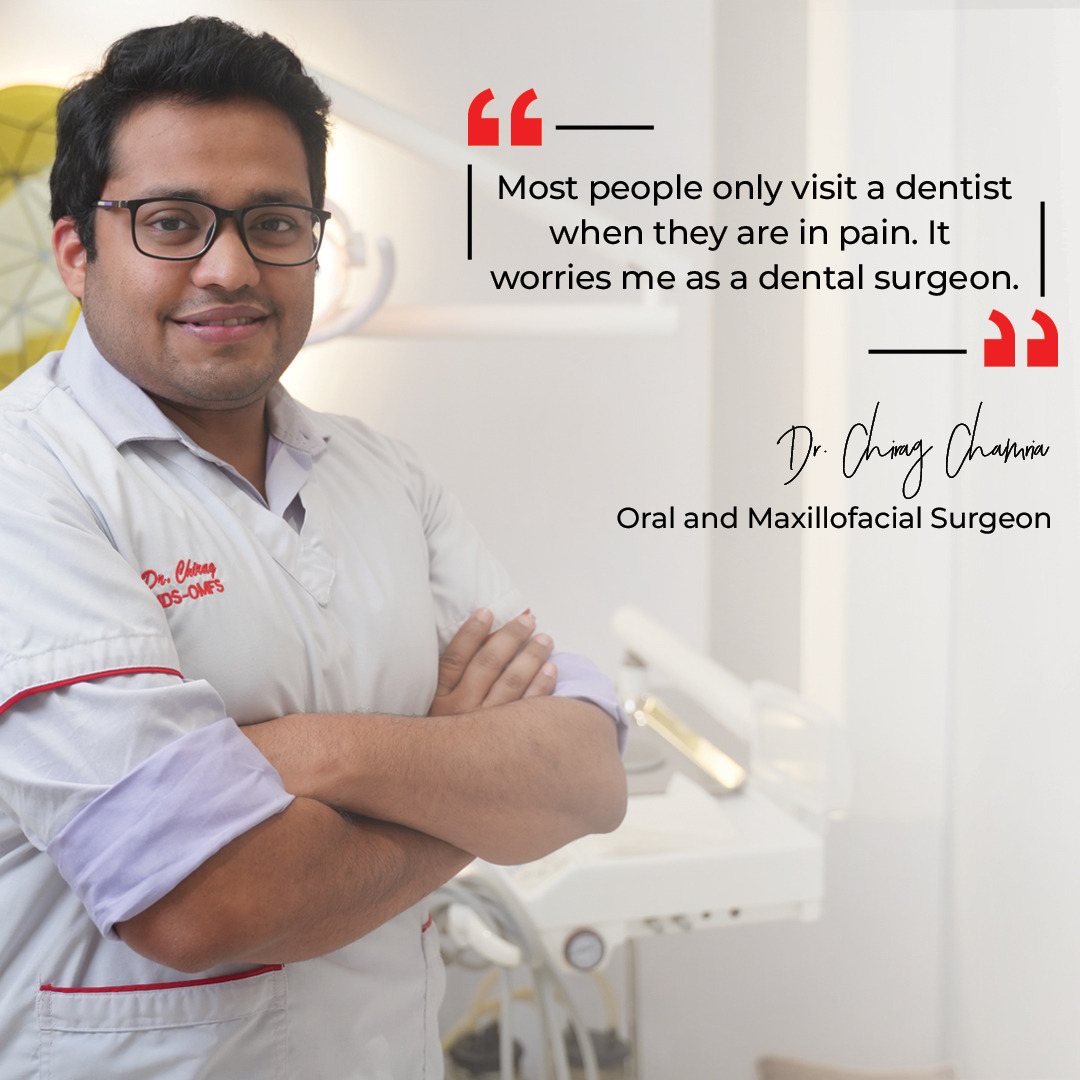
Oral Hygiene Tips
- At least twice a day, brush your teeth with fluoride toothpaste. Make sure to clean every surface of your teeth with a toothbrush with soft bristles and gentle circular strokes.
- Cleaning between your teeth and along the gum line with floss is crucial to removing food particles and plaque. To prevent hurting your gums, use a gentle flossing technique.
- To help destroy bacteria and freshen your breath, rinse with an antimicrobial mouthwash after brushing and flossing.
- Twice a year, or sooner if the bristles start to fray, replace your toothbrush. Your teeth can be cleaned less thoroughly by a dirty toothbrush.
- To clean your tongue gently, use a tongue scraper or your toothbrush. As a result, bacteria are eliminated, and foul breath is avoided.
- Cut back on sugary drinks and snacks, as they might aggravate tooth decay. Reduce your intake of foods and drinks, including coffee, tea, and red wine, that can discolor your teeth.
- Water keeps your mouth moist and aids in washing away food particles. Moreover, fluoridated water can help to strengthen teeth.
- As advised by Dr. Chirag Chamria, schedule routine dental examinations and cleanings every six months. Frequent checkups aid in early problem detection and dental problem prevention.
- In addition to other oral health issues, gum disease and tooth discoloration can be caused by smoking and using tobacco products. Your general oral health can be improved by giving up smoking.
- Use a mouthguard to shield your teeth from harm if you grind your teeth at night or play sports.
Conclusion
In summary, knowing the reasons behind your teeth’s constant yellow color will enable you to take proactive measures to get a healthier, brighter smile. Yellowing is caused by a number of factors, including food stains, bad dental hygiene, tobacco use, and aging. To remove stubborn stains and maintain oral health, Dr. Chirag Chamria stresses the significance of routine dental care, which includes expert cleanings and whitening procedures as needed. Recall that a whiter smile and general dental health can be achieved and maintained with a mix of proper oral hygiene habits, lifestyle modifications, and professional dental care.
FAQs
Q. How often should I brush my teeth?
Brushing your teeth is advised to be done at least twice a day, ideally right before bed.
Q. How often should I replace my toothbrush?
Every three to four months, or sooner if the bristles start to fray or become worn out, replace your toothbrush.
Q. Is flossing necessary?
Yes, flossing is necessary to clear the space between your teeth and the gum line of food particles and plaque. It aids with gum disease and cavity prevention.
Q. How can I prevent bad breath?
By brushing your teeth and tongue, flossing once a day, using mouthwash, and drinking enough water, you can practice proper oral hygiene. Steer clear of smoke and minimize meals that can aggravate your breath.
Q. What should I do if I have sensitive teeth?
Use toothpaste made specifically for sensitive teeth, and stay away from meals and beverages that make your teeth more sensitive. See Dr. Chamria for an assessment and recommendations.
© All rights reserved by Royal Dental Implants Pvt Ltd Issued in the public interest

